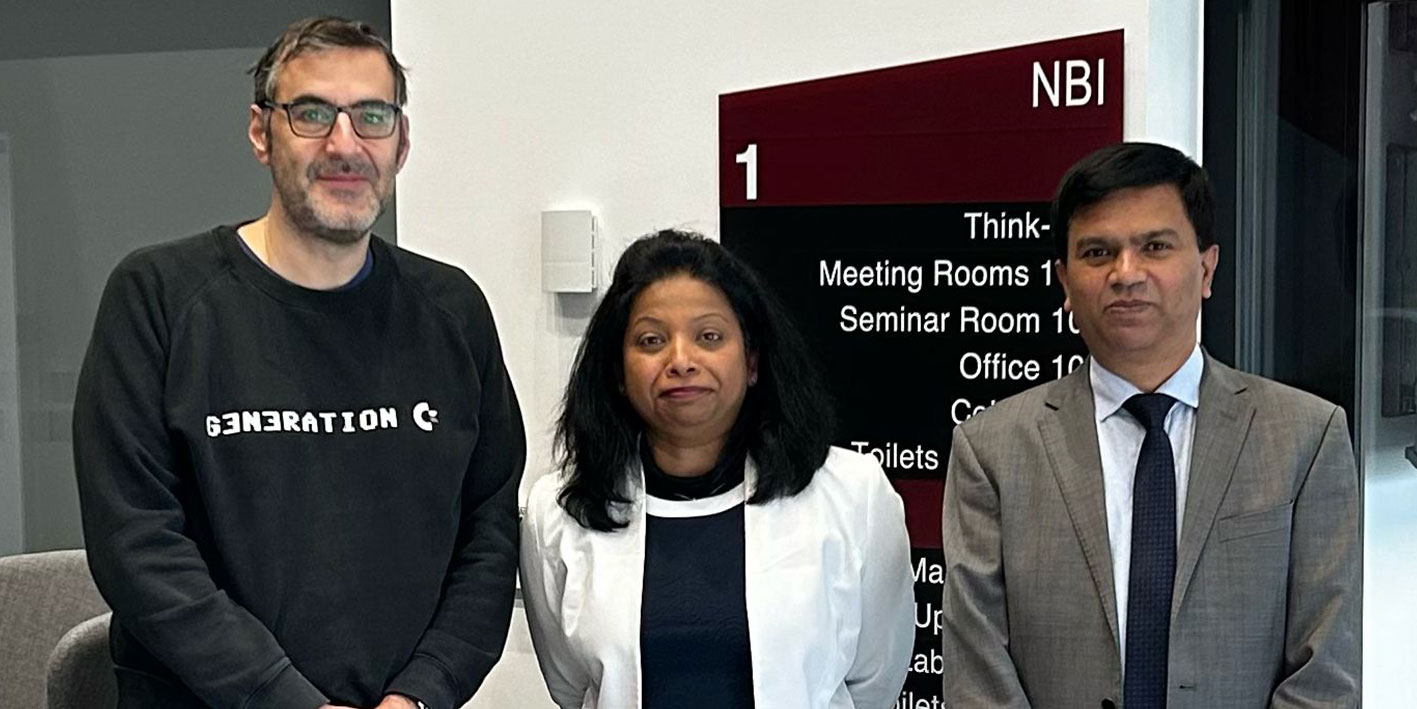
Inspirational sports leadership could be key to sports team successes
Inspirational leadership could be the key to galvanising sports teams to success, according to researchers.
Chartered Psychologist and BASES Accredited Sport and Exercise Scientist Dr Chris Sellars, of the University of Wolverhampton, has examined the notion of inspiration in sport and exactly what it is leaders do to inspire others.
Findings revealed that inspiration was more likely to be experienced during times of adversity, giving hope to flagging tournament teams experiencing a loss of confidence.
Working with colleagues at Chichester University, Dr Sellars undertook interviews with more than 100 athletes from different sports about their experiences of being inspired and leaders they perceived as inspirational.
Leaders were perceived as inspiring via both moments of inspiration, such as the inspirational half-time talk, and via a more pervasive and consistent demeanour and behaviours.
Dr Sellars said: “Surprisingly, within sport, there is not much research looking at inspirational leadership. Our research has drawn on psychological research in areas such as business and the military to explore how sports people experience inspiration.
“The current Euro 2016 football tournament will no doubt have pundits and analysts alike making reference to the role played by inspirational coaches and players. There will be reference to talks on the training pitch and in hotels between games, the half-time team talks, the picking players up after poor results and moments of inspirational strategy and team selections.
“Leaders will have an impact on performances and results - their vision, energy, empathy, role modelled of behaviours and evocation of ‘what might be’ will inspire some players to places they have never been or imagined they could go. Such is the power of the inspirational leader, on or off the pitch.”
Dr Sellars added: “Being inspired leads to more positivity. In group situations, individuals being inspired resulted in perceptions of greater collectiveness and team spirit, increased trust in others and motivation to support your team-mates. Increases in positive feelings and emotions were also described. In team situations this can be contagious, resulting in growing positive feelings within the group.”
ENDS
For media inquiries please call 01902 322736 or email emmap@wlv.ac.uk.
For more information please contact the Corporate Communications Team.


/prod01/wlvacuk/media/departments/digital-content-and-communications/images-2024/240328-Varsity-Line-Up-Resized.jpg)
/prod01/wlvacuk/media/departments/digital-content-and-communications/images-18-19/220325-Engineers_teach_thumbail.jpg)
/prod01/wlvacuk/media/departments/digital-content-and-communications/images-2024/240404-Digital-Humanities-Training-Resized.jpg)
/prod01/wlvacuk/media/departments/digital-content-and-communications/images-2024/240320-Uzbekistan-Resized.jpg)
/prod01/wlvacuk/media/departments/digital-content-and-communications/images-2024/240229-The-Link-Resized.jpg)
/prod01/wlvacuk/media/departments/digital-content-and-communications/images-2024/240404-Pharmacy-Students-Resized.jpg)

